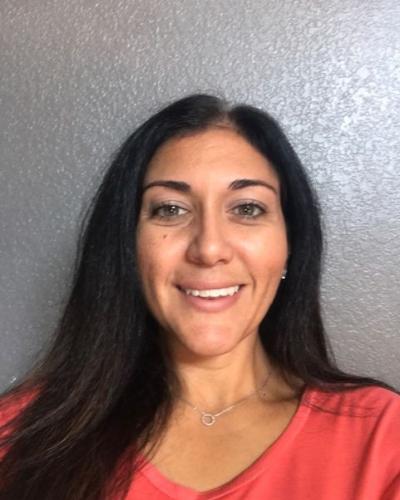The most meaningful EAD lesson I have done so far has been exploring the theme of Our Changing Landscape with 3rd-grade students across my district. The lesson was designed with inquiry and civics at heart. Having gone through the CPTL training on the EAD Roadmap this spring, I have a clear picture of not only how to begin implementing civics education into almost every lesson but also understand the importance of doing so. Using inquiry as an essential element of the lesson engages students to want to know more and personalizes civics learning for each student. Another aspect of the framework that encouraged me is the emphasis that the roadmap places on cultivating civic honesty. Cultivating this allows students to build empathy and realize the multiple perspectives that all people bring to history and civics.
My training with CPTL and the EAD Roadmap helped me to understand that I needed to include these key concepts about our changing landscape into my lesson: understand indigenous histories and community connections to land and examine how land and people shape each other. Since the storyline for the 3rd grade standards is Arizona Studies, we knew that it was important that the voices of Native Americans would be the central focus. The lesson was created as part of a six-week unit that I worked on with other specialists around the state. Our goal was for students to understand the themes of our plural and shared story and changing landscapes of Arizona. The part of the unit that my lesson focused on was having students answer the question: Who are the 22 Native American tribes of Arizona, and how do their cultures influence Arizona?
Students engaged in this inquiry by being presented with a compelling question. Students gained background knowledge by conducting a gallery walk of primary and secondary sources and extracting themes of what culture is. They researched at least one tribe in Arizona, looking to understand the culture of the tribe (such things as language, geography, habitat, arts, economics, government, and diet). Students then put together a presentation for their classmates, sharing what they had learned. These students were offered the opportunity to research a tribe that they had not got to study or a topic that emerged that they were interested in exploring further. Lastly, students shared their knowledge with a younger classroom, allowing them to act on what they had learned. Students will have a better understanding of the plural people of Arizona.
After the training with CPTL, I now like to say that I have the 3 Is as my professional goals: innovation, inquiry, and integration. As a specialist, I design lessons and units that social studies teachers in Kinder -6th grade may use in their classroom. My goal is to intentionally make innovative lessons grounded in inquiry and integrate multiple social studies themes, including history and geography.
